|

Return to Main
2023 Winter Institute Sessions
2023 Empowered ExEd: Student Leadership & Sustained Partnerships
Wednesday, January 18, 2023 | 9:00 AM - 3:30 PM
Cary Academy
All Experiential Education in Action workshops at Cary Academy will involve explorations of topics on the campus and/or throughout the Triangle region of NC and many will include student leadership involvement. We are thrilled that our colleagues from Duke School (pre K-8) in Durham are partnering with us to offer a few workshops of particular interest to Institute attendees with an interest in supporting experiential education at the elementary school level. Workshops offered at Cary Academy are geared toward Middle/Upper school educators. The region offers a diverse array of resources that we will share, including urban and rural landscapes, farms, and places of commerce, creativity, and community connection. Participants should be prepared with a backpack they are comfortable carrying for several hours with the capacity to carry the following: water, additional layers of clothing, a bagged lunch (provided), snacks, personal items, a notebook, etc. Each workshop has been labeled by level of physical difficulty. Please review the descriptions below before selecting your top 3 day-long workshop preferences. Please let us know if you will need additional accommodations to be able to participate.
Level of Physical Difficulty Descriptions
-
Easy: These workshops involve some physical activity but they will be accessible, relaxed, and includes less than 2 miles of walking throughout the entirety of the workshop
-
Moderate: These workshops will involve some physical activity but should be fairly accessible. They may include up to 4 miles of walking / hiking.
Workshops 1-3 are in partnership with the Duke School and geared towards Elementary/Middle educators. Workshops 4-11 are facilitated by Cary Academy, and workshop 12 by our colleagues from Carolina Friends School.
 Exploring Visible Values with Young Learners through Public Art Exploring Visible Values with Young Learners through Public Art
Facilitator: Claire Koerner ( Duke School)
Elementary/Middle School
Participants: 15
Level of Physical Difficulty: Moderate
Explore the creative innovation hub of the south in Durham, North Carolina! The Project Approach is the keystone method of learning at Duke School in Durham, NC. During this workshop, we will cover how we make Project work accessible to younger learners. The beauty of the Project Approach is that all learners have the same framework to investigate their wonderings from PreK through the 8th grade. Through the lens of one of our fifth-grade projects, Visible Values: Expressions of Us, we will explore the uniqueness of the Project Approach. Our work together will be guided by the same questions we ask our fifth graders: How do we live by our values? How do we make our values visible? How do communities make their values visible? This workshop will also include a walking tour of Durham to see how this vibrant community makes its values visible.
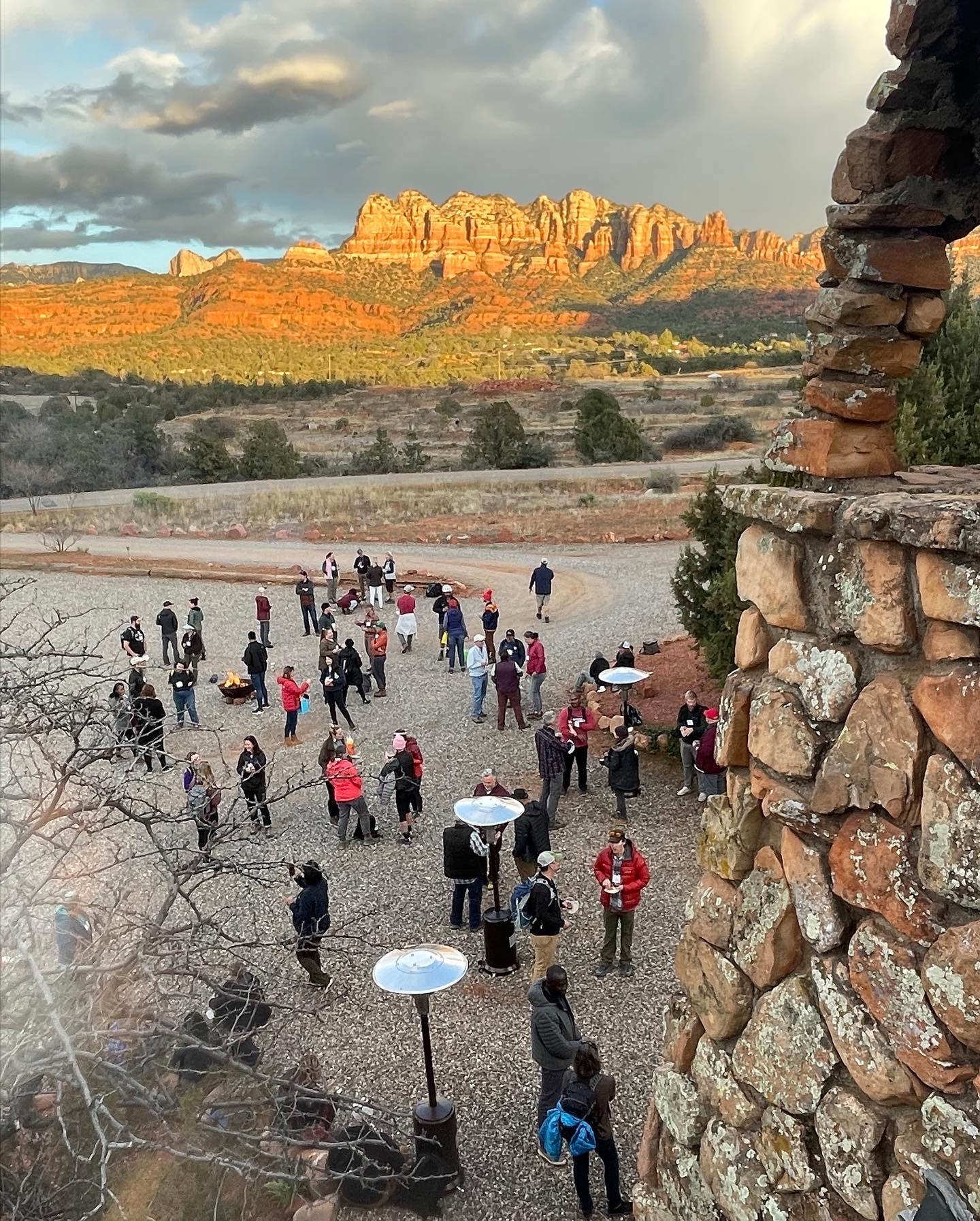 Purposeful Fieldwork: Making Learning Visible Purposeful Fieldwork: Making Learning Visible
Facilitator: Heather Greene (Duke School)
Elementary Ed
Participants: 15
Level of Physical Difficulty: Easy
The purpose of this workshop is to introduce participants to purposeful field work and the process of crafting representations of learning. We will briefly introduce the framework for the Project Approach, sharing how it empowers students with both choice and voice. We will then jump into the Durham: Then and Now project with fieldwork at Duke Homestead, a local historical site. Participants will take an active role in discovering the significant role the site has in Durham’s development as a city by taking photos and notes to document the experience. After field work, participants will convene in the 2/3 common space at Duke School to create representations of their newfound knowledge. They will depart campus with their creations, as well as strategies for implementing field work and representation making in their own classrooms and schools. Student ambassadors will be participating in this experience.
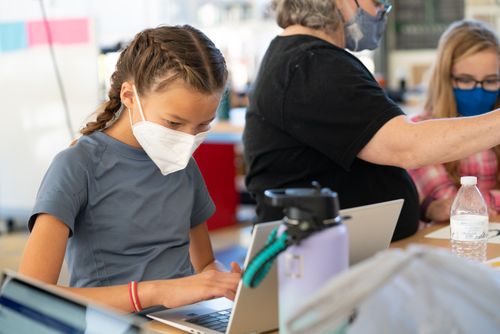 Be an Architect: Where Math & Project Work are Built! Be an Architect: Where Math & Project Work are Built!
Facilitator: Dan Heuser ( Duke School)
Elementary Ed
Participants: 15
Level of Physical Difficulty: Moderate
Architecture is a complex and fascinating field that’s equal parts art and math. Every child knows about architecture, whether they’re aware of it or not. The purpose of this workshop is to introduce architecture as a Project topic of study. Participants will learn about a second-grade level study with guidelines on how to ramp it up or down for a variety of ages. We’ll start with an overview of our Architecture Project. This will include the three phases that characterize each project. We’ll share student work samples and teacher planning forms.
Then we’ll hit the road, traveling from Cary Academy to Duke University in Durham. What architectural features, materials, and shapes can we find in the stately campus buildings during our walking tour? How do the buildings reflect the history and culture of Durham and Duke? You’ll also hear tips on how to make the most of the field experience for young children. After visiting the University you'll travel to the Duke School to begin planning for your own Architecture Projects and to hear from Duke School students. This will include making representations of architecture familiar to us - house, schools, and the like - which is the kick-off activity for our students’ Architecture Project. Finally, you will return to Cary Academy to finish the day.
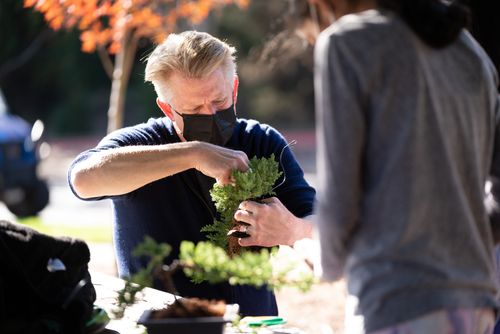 Food for Thought: Learning about Local Sustainable Agriculture Food for Thought: Learning about Local Sustainable Agriculture
Facilitator: Heidi Maloy
Participants: 13
Level of Physical Difficulty: Moderate activity, with significant time out of doors.
This student-led (and faculty supported) workshop explores the importance of food and farming from the ground up. We live in a world removed from the actual growing of food as a trip through any grocery store aptly illustrates. During this workshop you will have the opportunity to work with a local farmer who utilizes regenerative farming techniques to grow specialty crops, explore through students-eyes how our gardens/greenhouse transform food into a source of pride for student growers and an opportunity for our community to learn about sustainable agriculture. Looking beyond campus, we will venture to our state farmers market to chat with North Carolina farmers, obtain veggies available to supplement crops harvested today on campus to prepare a farm to table meal. Ending our workshop reflecting on food, farming, and our future at a community table.
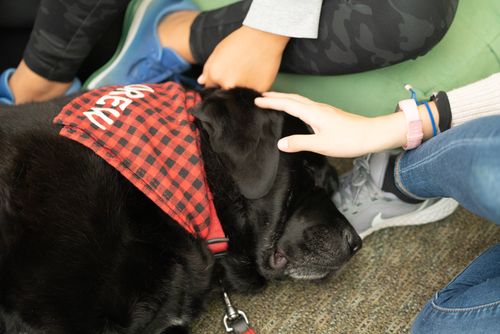 The Sweetness of Memory: From Narrative to Podcast The Sweetness of Memory: From Narrative to Podcast
Facilitator: Allyson Buie
Participants: 15
Level of Physical Difficulty: Easy
Based on an assignment for a Memoir in Literature course, this workshop, led by Cary Academy English teacher Allyson Buie, invites students to craft a personal narrative then reimagine it as a podcast. Attendees will discuss the value of journal writing and sharing stories as a tool to enrich students’ social and emotional development. Participants will sample selections from The Moth and The Monti, a local community storytelling organization and then craft short narratives. Ultimately, each participant will create a podcast from their parable which will be collected in a storytelling blog.
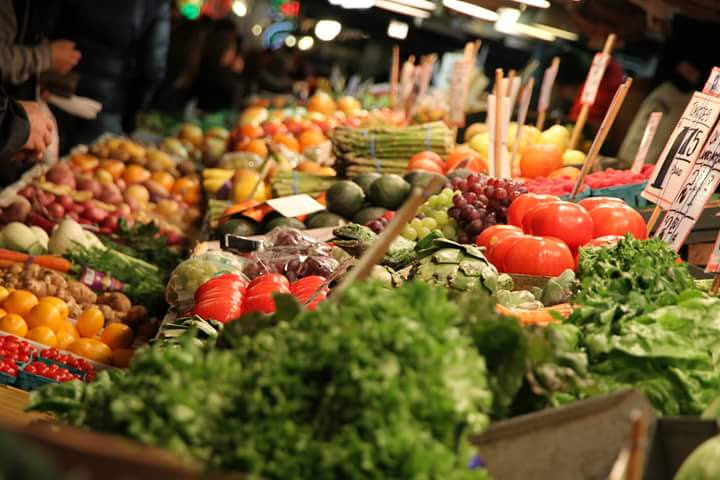 Migrant Communities, Food, and Culture — Using Land to Bring People Together Migrant Communities, Food, and Culture — Using Land to Bring People Together
Facilitator: Maggie Grant, Matt Koerner
Participants: 15
Level of Physical Difficulty: Easy
Led by Maggie Grant, Cary Academy’s Service Learning Director, and Matt Koerner, a Cary Academy middle school teacher, in collaboration with students, this workshop will take a look at the sustained partnership that has been nurtured and developed between Cary Academy and Transplanting Traditions (https://www.transplantingtraditions.org/), a local community farm that supports refugees displaced from Burma. Participants will experience the same empathy-building activities delivered to students at CA that encourage an understanding of why people move and how communities support those who do. We will travel to the Transplanting Traditions farm and learn about their goal of supporting food sovereignty in the refugee community by reconnecting refugees to their traditional, agricultural practices. Student leaders will discuss the initiatives they have created and promoted to support these farmers through a CSA share program of Asian produce that is available each fall to the CA community.
 Hard History, Changemakers, and Empowerment: Exploring Black History, Activism, and Entrepreneurship in the Triangle Hard History, Changemakers, and Empowerment: Exploring Black History, Activism, and Entrepreneurship in the Triangle
Facilitator: Lucy Dawson, Crystal Bozeman
Participants: 26
Level of Physical Difficulty: Moderate
*photo credit: Computer under construction at an IBM production facility in Research Triangle Park, 1984. Photograph by Billy Barnes. North Carolina Collection, University of North Carolina at Chapel Hill Library.
Led by Lucy Dawson, middle school Language Arts and History teacher, and Crystal Bozeman, middle school learning specialist, this workshop will examine the hard history of race-based enslavement in North Carolina, the role of local African-American activists who fought to change policies and institutional structures, and contemporary thought leaders and organizations who are supporting and empowering the reemergence and prominence of African-American ingenuity today. We will begin the day at Stagville Plantation, a state historic site that includes the remnants of one of the largest plantations in NC and one that is dedicated to teaching about the lives and work of enslaved people on the plantation. We will then Head to the NC Mutual Insurance building, the epicenter of historic Black Wall Street, for lunch and dialogue with thought leaders who are working to support the reemergence of African-American ingenuity locally. Finally, we will end with an interactive walking tour with our partner, Aya Shabu and Whistlestop Tours to learn about the life of unsung human and civil rights activist Pauli Murray.
-
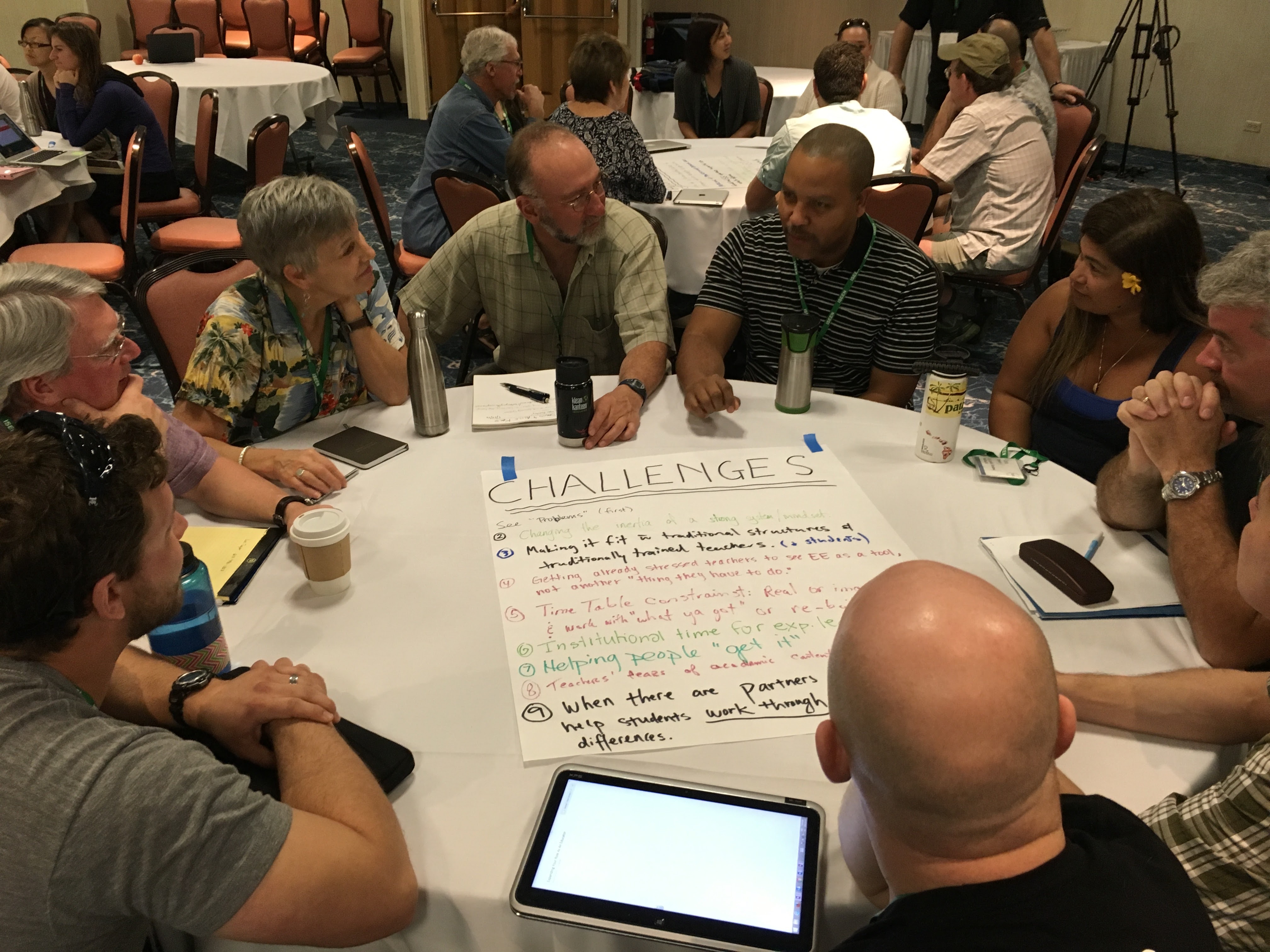 An Experiential Understanding of Reflective Structured Dialogue An Experiential Understanding of Reflective Structured Dialogue
Facilitator: Nadiya Brock, Cary Academy Dialogue Facilitators
Participants:20
Level of Physical Difficulty: Easy
How do we have conversations that create equity and make space for marginalized voices on campuses and online classrooms? How do we incorporate dialogic tools when creating projects? How do we empower students to lead these conversations? Reflective Structured Dialogue is an approach to dialogue that provides a trauma-informed container for deeply complex, potentially controversial, and possibly emotional conversations to occur in a way that invites understanding and connection. Participants will experience Reflective Structured Dialogue (RSD) and learn how the components invite a stronger sense of belonging, more social cohesion and increased trust and understanding in classrooms. You will leave having learned the essential components of RSD and applications for use in your online classrooms or school campuses.
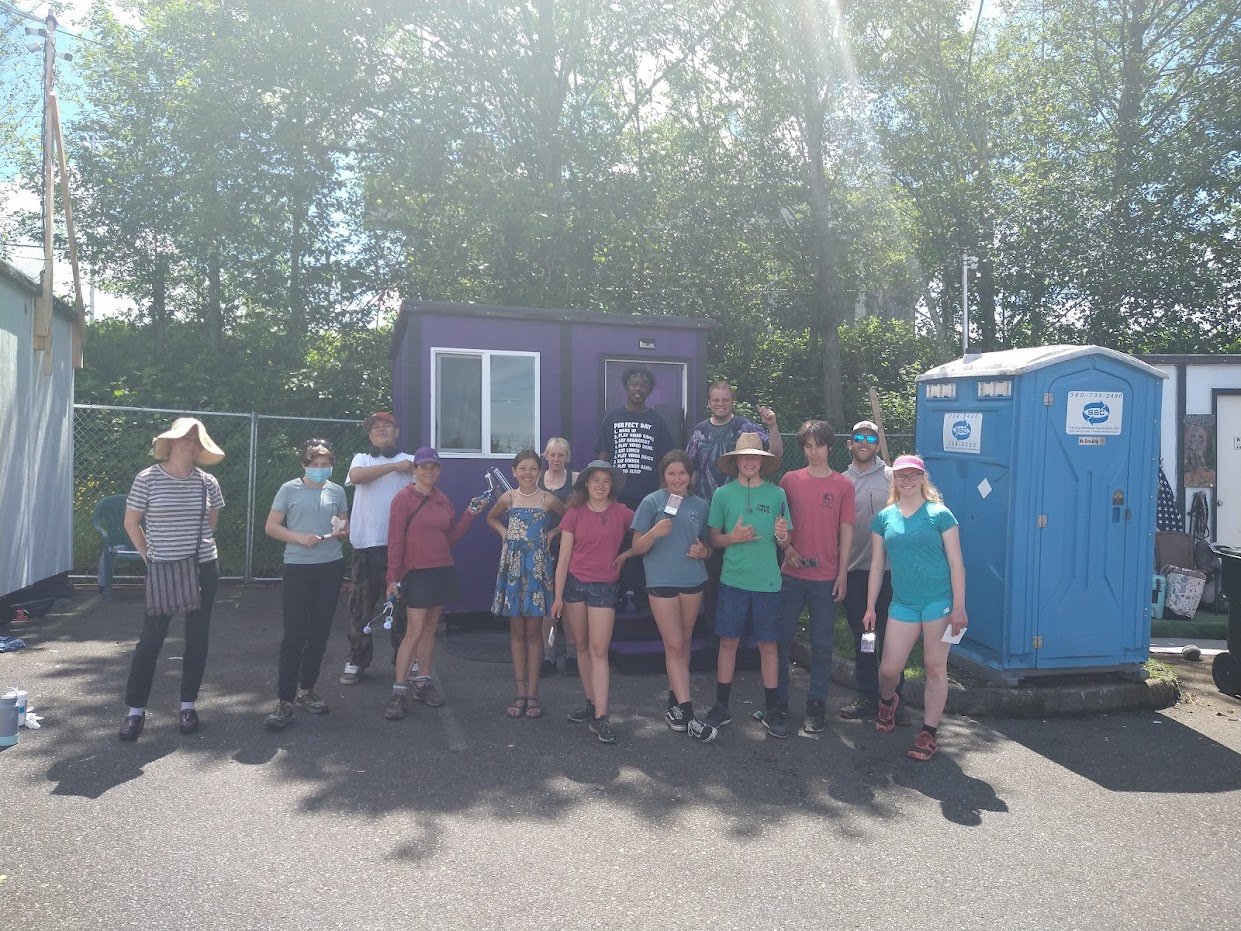 Building Empathy and Social Justice Activists through Tiny Homes Building Empathy and Social Justice Activists through Tiny Homes
Facilitator: Tamara Friend
Participants: 15
Level of Physical Difficulty: Moderate
During this workshop, participants will explore how tiny houses can solve the housing affordability crisis in the Research Triangle, NC caused by rising prices and stagnant income. Participants will get an opportunity to visit a tiny house community in Chapel Hill, NC as well as participate in a hands-on design challenge while learning about the building process of tiny homes. How do we help bring awareness to the housing crisis? How do we use experience as a learning tool to enhance what we do in the classroom?
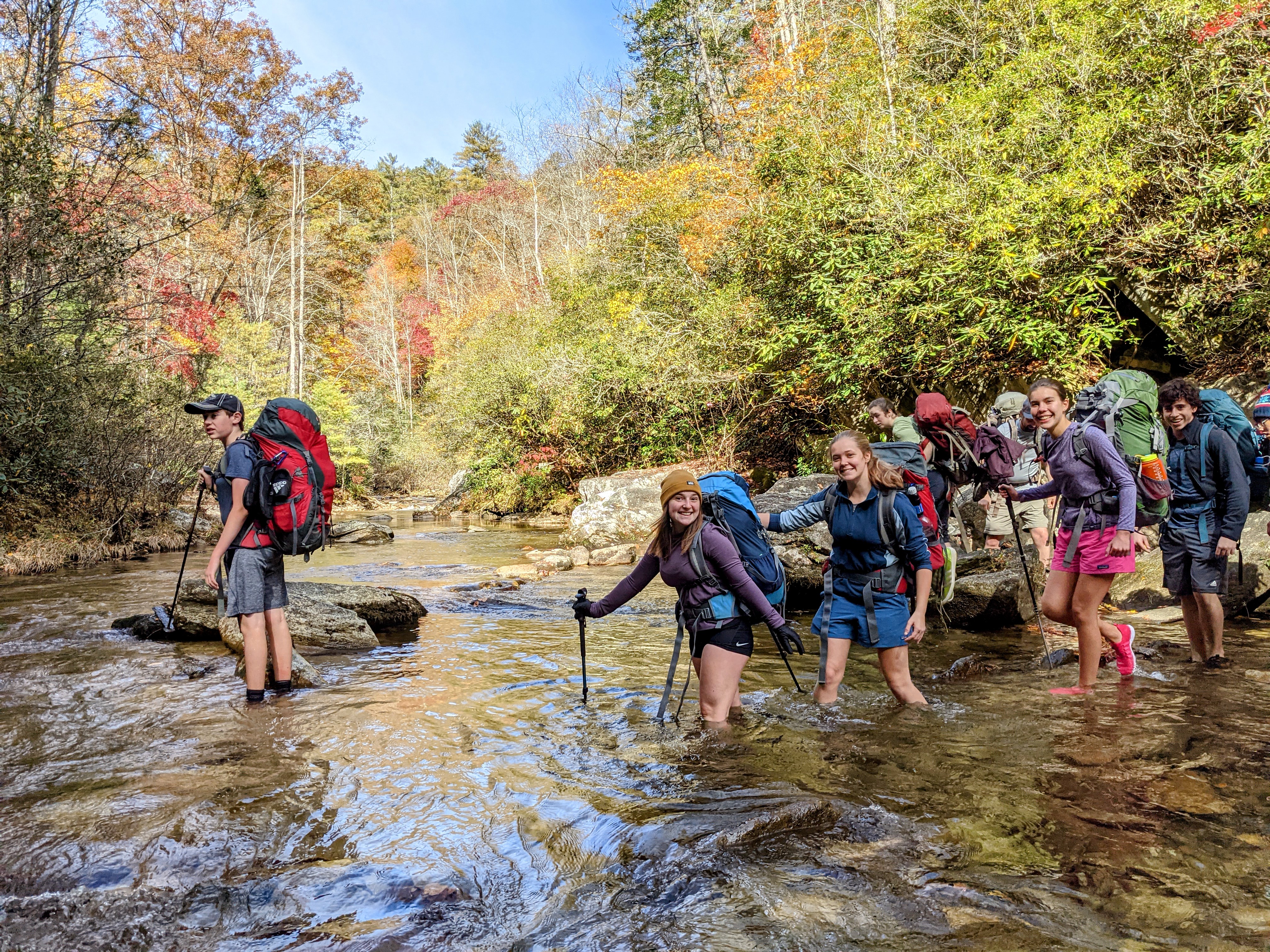 The Wilderness Classroom — Empowering Students & Fostering Leaders The Wilderness Classroom — Empowering Students & Fostering Leaders
Facilitator: Gray Rushin and Student Wilderness Leaders
Participants: 15
Level of Physical Difficulty: Easy
Take part in Cary Academy’s Wilderness Exploration and Leadership course. This course aims to attract students who are interested in self-contained, self-powered wilderness exploration. The goal is for students to exit “civilization” and travel through protected wilderness areas carrying everything they need on their backs. You will get to experience what Cary Academy students do in this class by participating in modules on campus and you will learn from and work alongside many student wilderness leaders. We believe that backpacking is an exploration of courage, resourcefulness, and natural beauty. The backbone of this course is the fostering of the student leadership program that supports and sustains Cary Academy’s Wilderness Club.
-
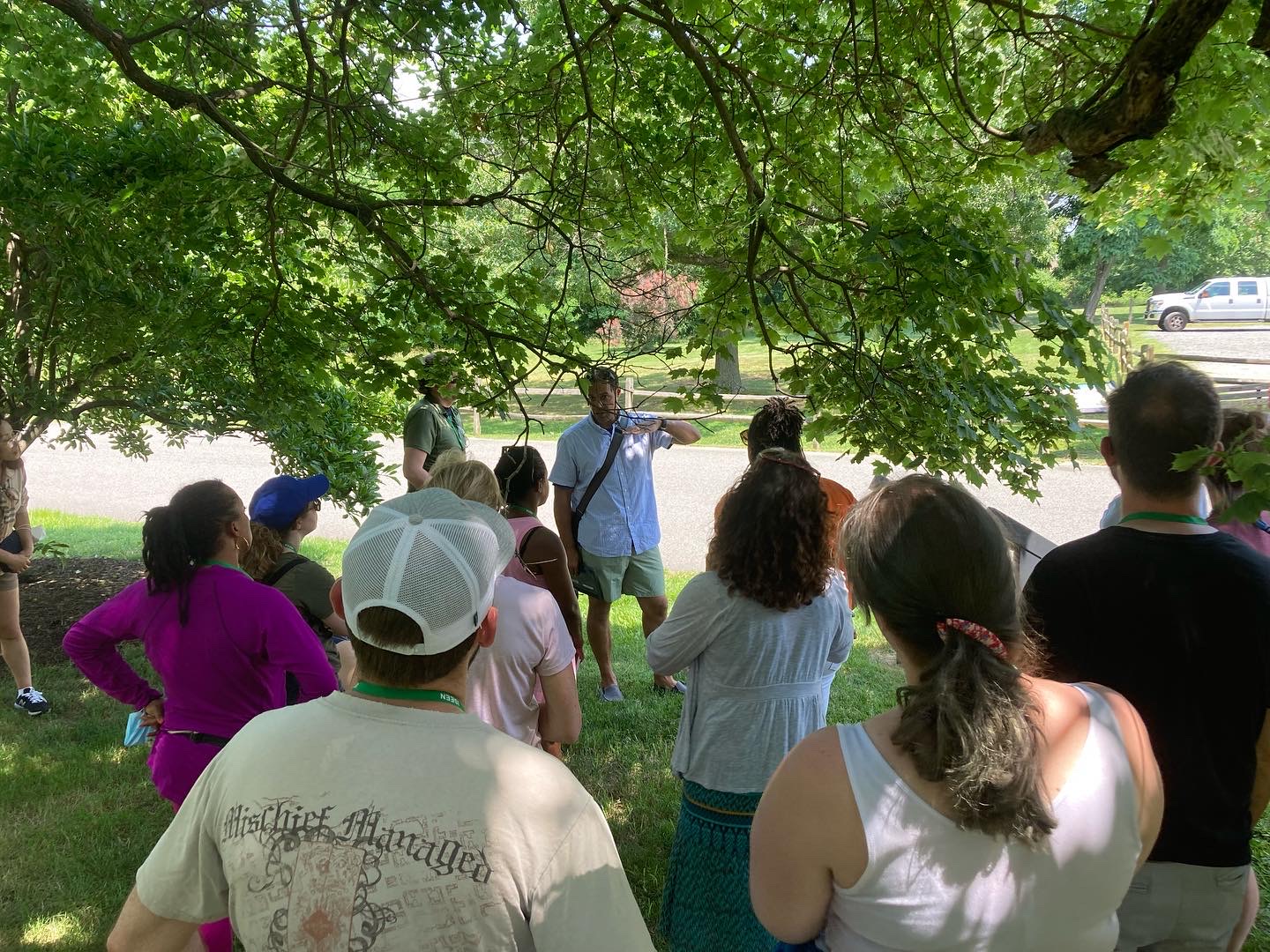 As We Look Back On Where We’ve Been and Forward To What We Can Create In Schools, We Wonder… How Might We Begin? As We Look Back On Where We’ve Been and Forward To What We Can Create In Schools, We Wonder… How Might We Begin?
Peaceful Schools Educators, an initiative of Carolina Friends School
Participants: 20
Level of Physical Difficulty: Easy
All educators benefit from Restorative Practices as a way of being that is rooted in building healthy connections and repairing harm within a community. Restorative Practices are a model that focuses on building relationships in order to strengthen and heal communities. Peaceful Schools will be sharing their foundational Restorative Practices for Educators and School Leaders, equipping you with the essential frameworks to intentionally create community and confidently having practices for repairing harm and solving conflicts.
Networking Day at Cary Academy - Thursday, January 19
Exploration of Cary Academy's Center for Community Engagement
|
On the third day of the Institute, we will spend the day at Cary Academy learning from their administrators and educators about experiential education at their school. During a portion of the day, we will break out into topic-specific sessions.
Professional Affinity Group Breakout Sessions - Thurs, Jan 19
|
Below, you’ll find the list of professional affinity breakout groups. You’ll have an opportunity to select your professional affinity group when you register for the institute. These professional affinity breakout groups offer the opportunity for problem-solving and connecting with colleagues who have a similar work focus.
- Community Engagement/Service-Learning
- Directors of Experiential Learning
- Diversity, Equity, and Inclusion Practitioners
- Global Education: Global Competencies and Travel
- Outdoor & Adventure Education
- School Administrator Leadership Panel
- Student Leadership and Social Emotional Learning
- Sustainability & Environmental Justice
- Teachers: Ex Ed in the Classroom
Identity Affinity Groups - Thursday, January 19th
|
At ISEEN, we are committed to creating an equitable world starting with ourselves and our organization. One starting point for us is to offer Identity Affinity Groups as a place for people to connect, heal, learn, and build community while attending the Institute.
These groups will take place on Thursday morning, Day 3 of the Institute and will not conflict with any other event on the schedule.
On the registration form you will be able to indicate which group/s you’d like to participate in
-
BIPOC
-
LGBTQ+
-
White anti-racist
Model Programs and Practices “Show & Tell” Session - Thurs, Jan 19
|
Also on day three at Cary Academy, we’ll hold the popular and very energetic Model Programs & Practices “Show & Tell” Session. We will have a slate of around 20 great programs that are showcasing their amazing work this year. Attendees will have the opportunity to visit with up to four of these great schools and organizations over the course of the four 20-minute rounds. The session list will be added in December 2022.

Back to Top
|
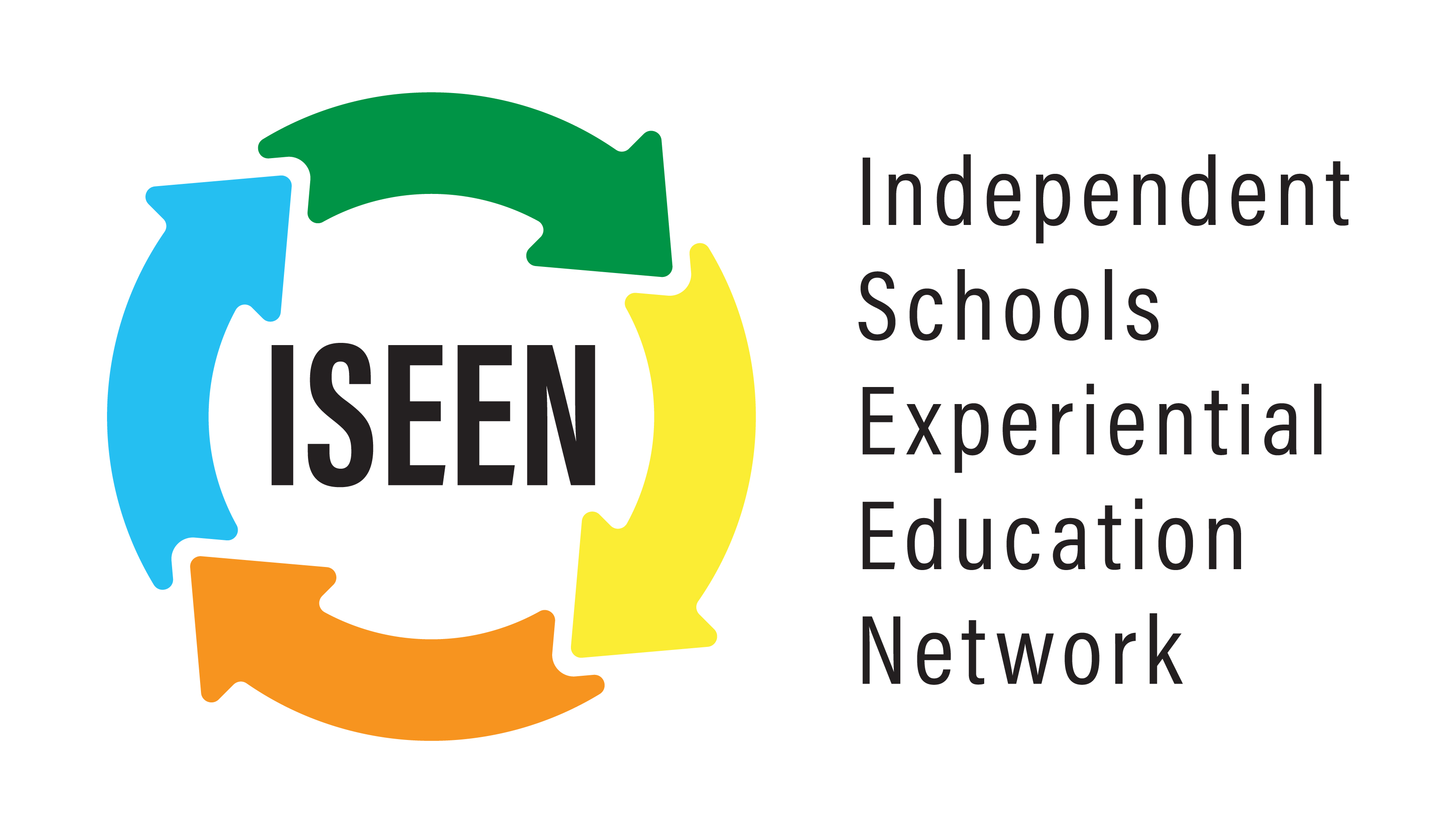
 Exploring Visible Values with Young Learners through Public Art
Exploring Visible Values with Young Learners through Public Art









